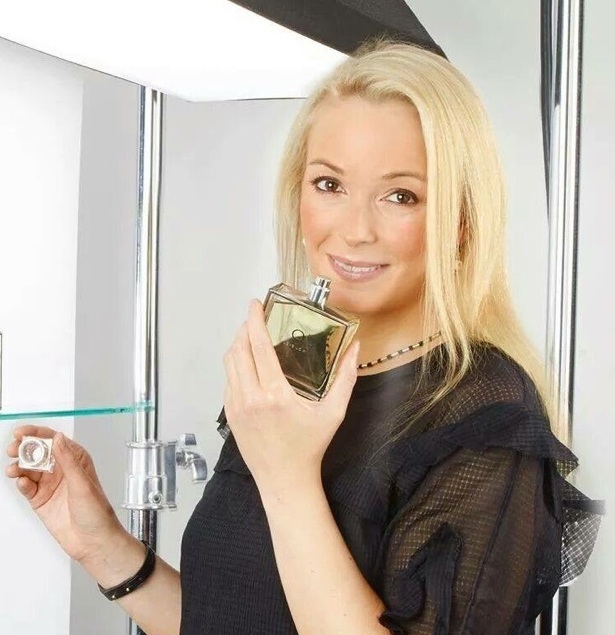The best vegan and cruelty free perfumes to help you smell good guilt-free
The best vegan and cruelty free perfume buys to invest in will allow you to spritz with a clear conscience
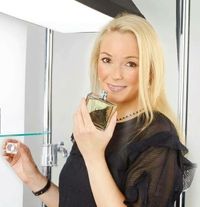
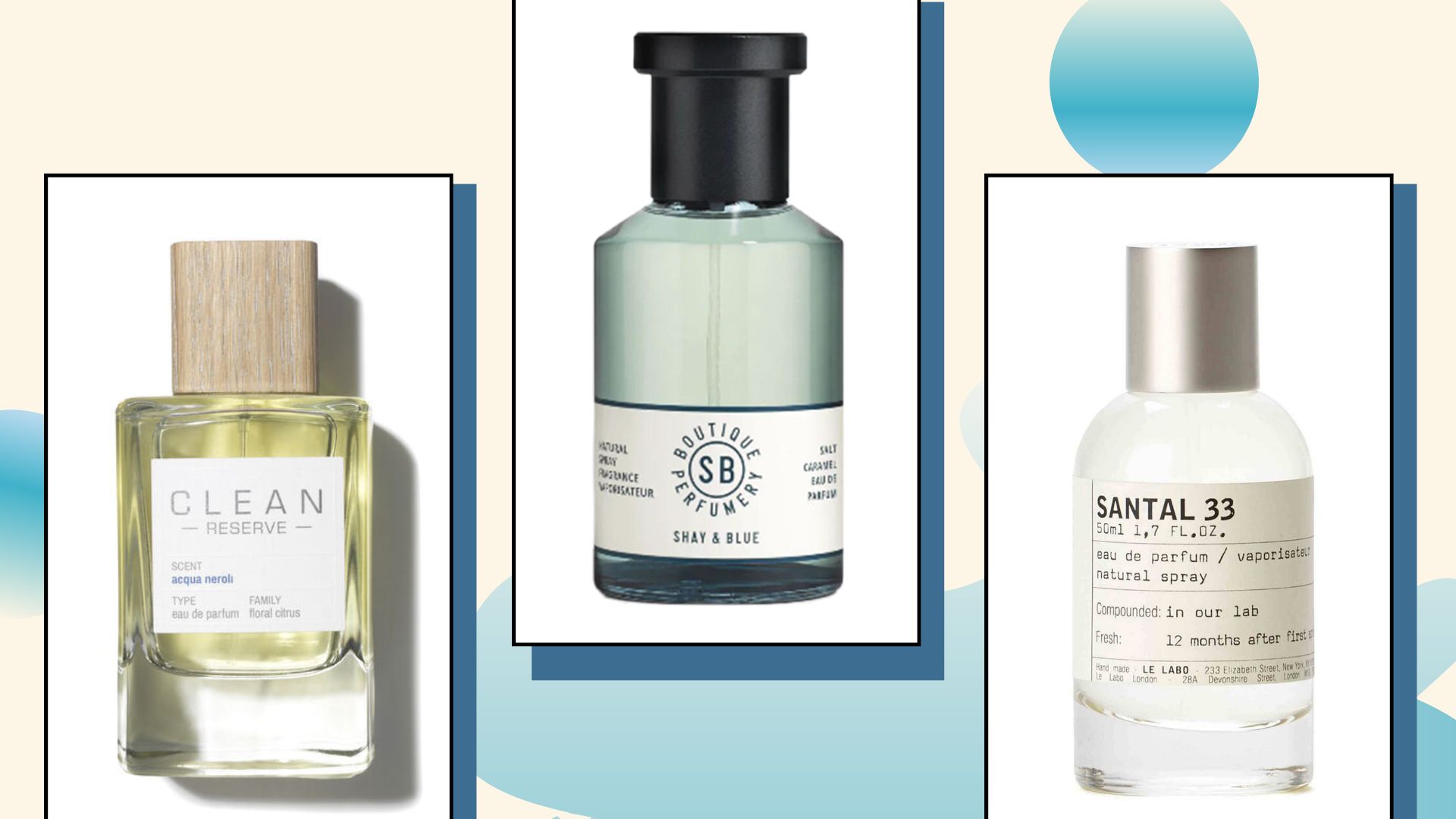
Searching for a signature scent is bewildering enough, but finding a cruelty free perfume if you’re a committed vegan is even tougher. Before you can begin deciding whether you like the smell, you have to scan the ingredients list for animal derivatives—something that’s not immediately transparent as fragrance brands aren’t legally obliged to disclose ingredients. Plus, you may want to confirm the brand's animal-testing policy, including whether or not it is sold in China.
But some of the best perfumes for women are actually vegan and cruelty-free—so as long as you know which brands to look out for, you should be able to find a really lovely signature scent. A good thing too, as statistics show that approximately 9.6 million Americans now follow a plant-based diet while in the UK that figure is around 600,000, according to the Vegan Society.
Cruelty-free perfumes are just as big on sophistication as their traditional counterparts—Le Labo’s Santal 33, which the New York Times famously described as the perfume equivalent of “an under-the-radar IT bag”, is testimony to that. So whether you're looking for the fruity, fresh, woody, floral, smokey or the best vanilla perfumes, there should be a vegan and cruelty-free option for you.
The best vegan and cruelty free perfume brands to shop now
1. Floral Street
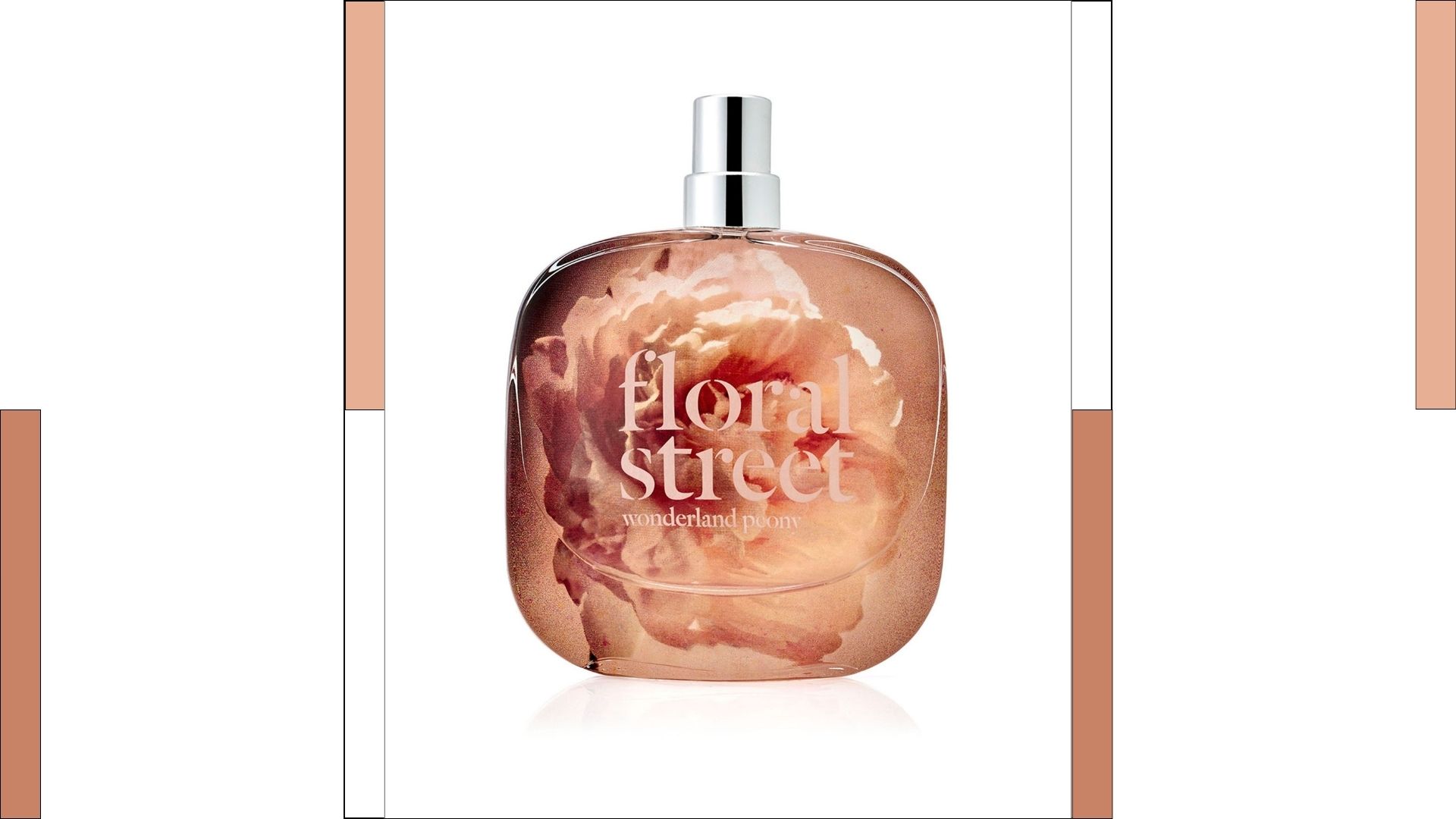
Like their name suggests, Floral Street offers some of the best floral perfumes—but they have also always put sustainability and ethical sourcing at its heart. So it should come as no surprise that it is also a vegan brand, that is open about using a combination natural, nature-identical and synthetic aromas.
Founder Michelle Feeney says: “We want to ensure we are always considered and considerate in everything that we do to limit our impact on the environment.”
Hence, the latest Arizona Bloom Eau de Parfum dries down to a synthetic ‘salted musk’ ingredient, which Michelle describes as: “a warming dry note that gives a ‘second skin’ feeling and a surprise element to the scent.”
2. Le Labo
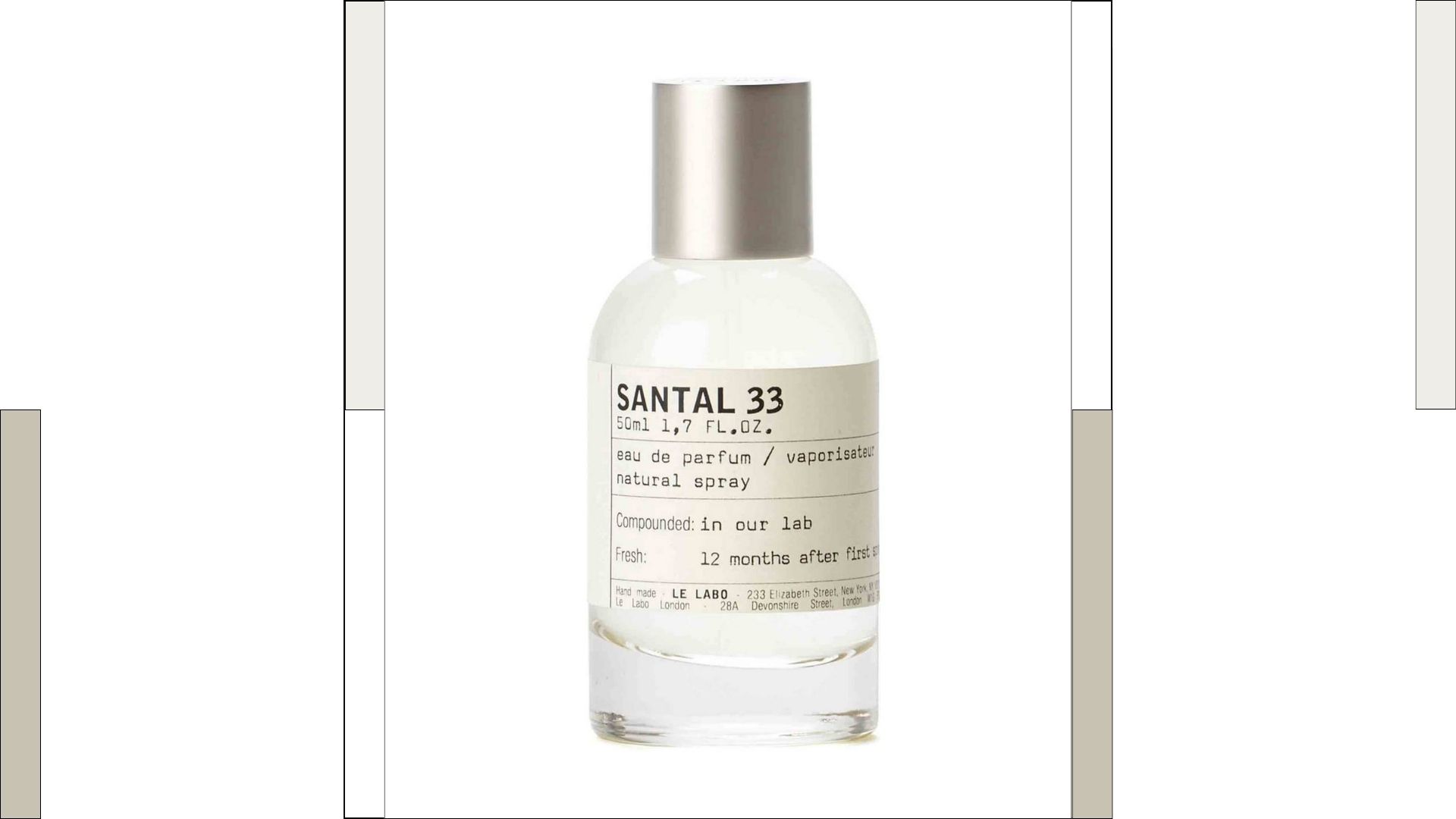
Not only is this under-the-radar brand a scented secret of the fashion set, PETA has also confirmed that Le Labo is 100% cruelty-free.
The cult brand, which is known for making some of the best long-lasting perfumes—like Santal 33 and Another 13—doesn't test its finished products or ingredients on animals, and neither does its suppliers or any third parties. Le Labo also doesn't sell its products where animal testing is required by law.
To make the point crystal clear, a statement on Le Labo’s website says: “We believe it is more humane to test cosmetics on New Yorkers than on animals.”
3. Laboratory Perfumes
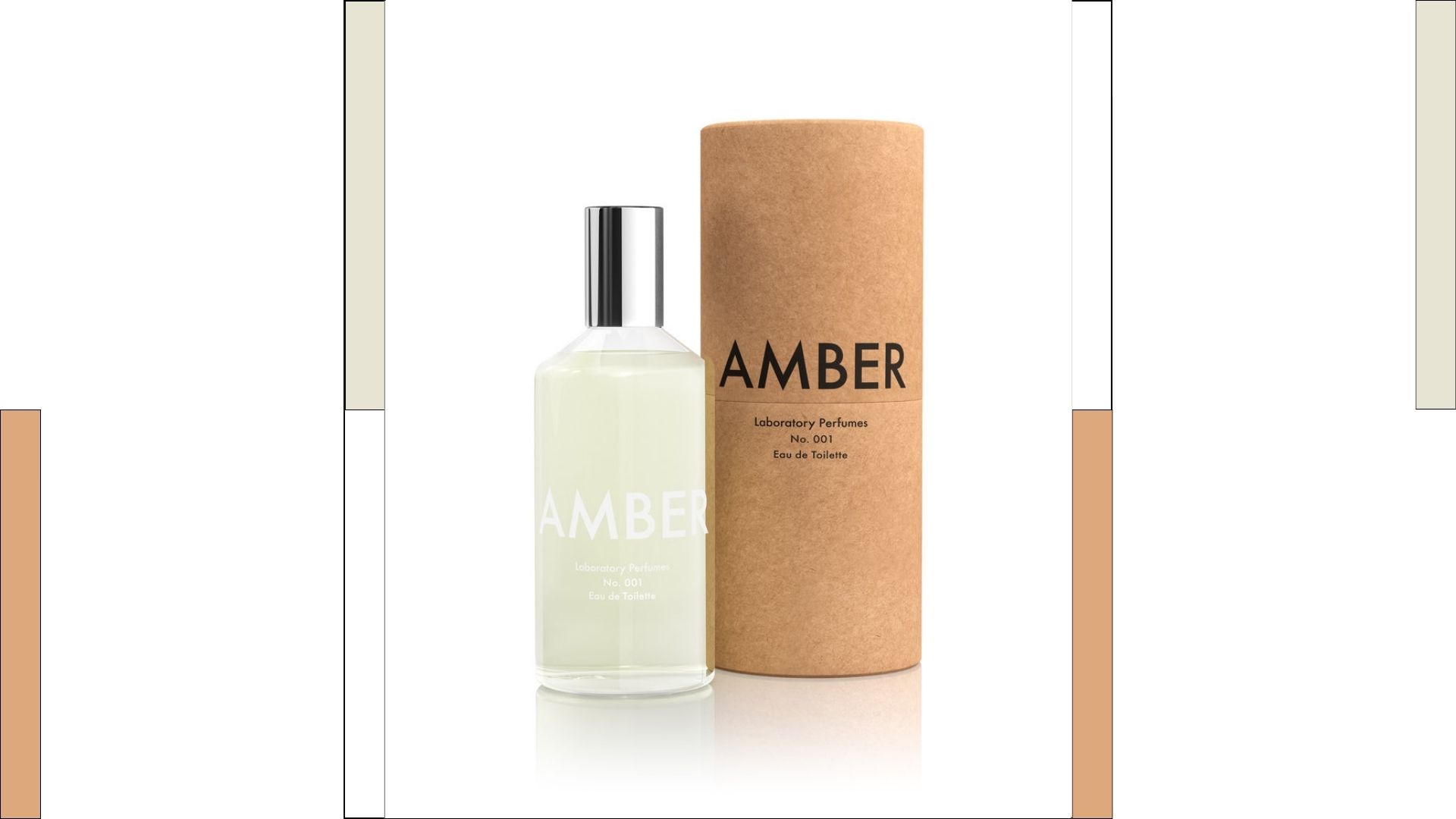
Environmentally-friendly, gender neutral and cruelty free, this British fragrance brand ticks every box for the socially conscious consumer. Additionally, all formulas are free from parabens and involve a small, transparent supply chain.
The only thing to love more is the scents themselves—Atlas, for example, conjures up Morocco with its blend of tobacco, velvety rum, sweet vanilla, black pepper and a splash of cognac. Smoky, boozy and spicy—exactly how we love our fragrances.
4. Clean Reserve
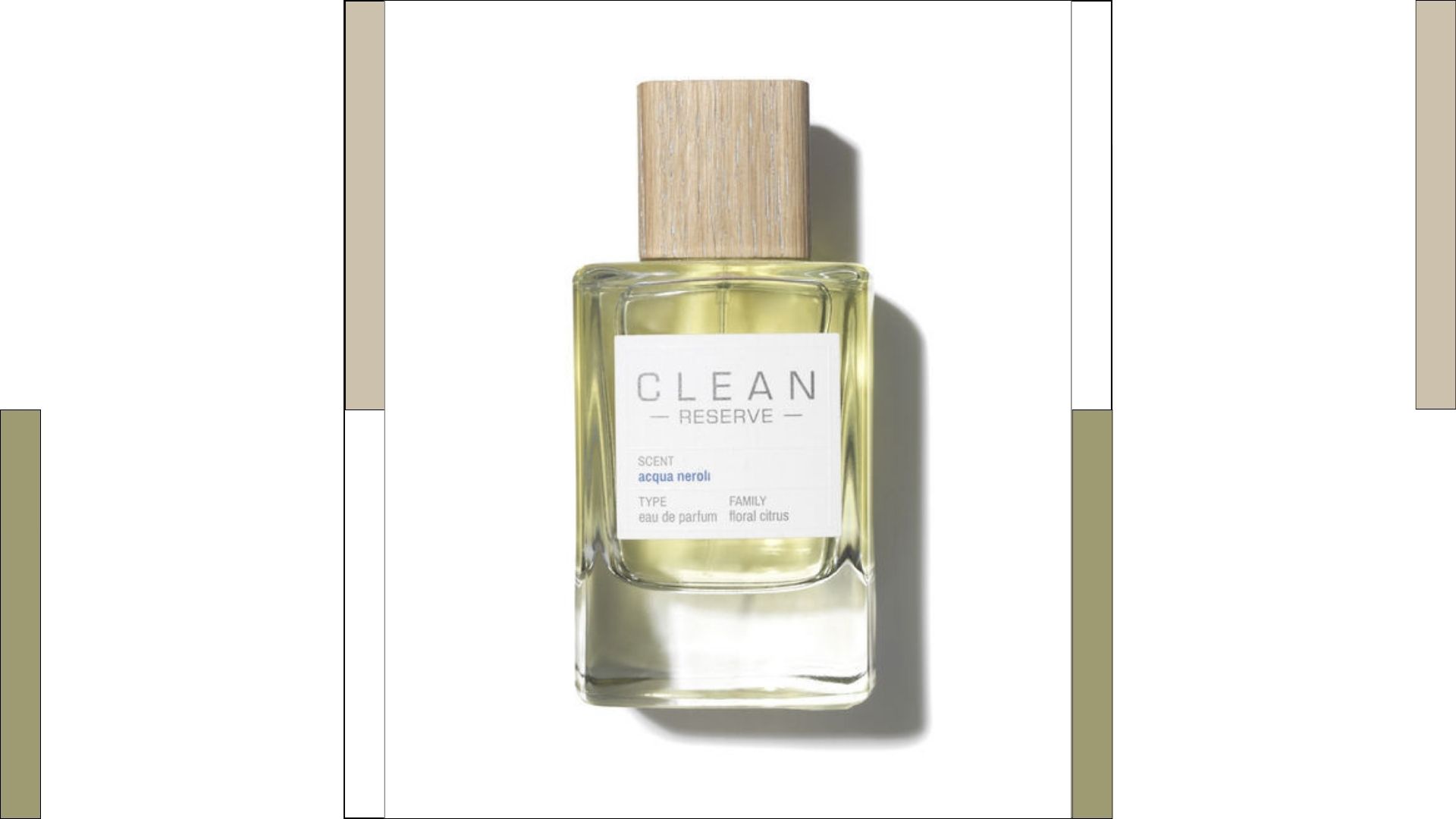
Adding to its credentials as a sustainable, eco-conscious brand, Clean Reserve has also always been vegan—and that includes its musky scent offering Skin.
5. Valeur Absolue
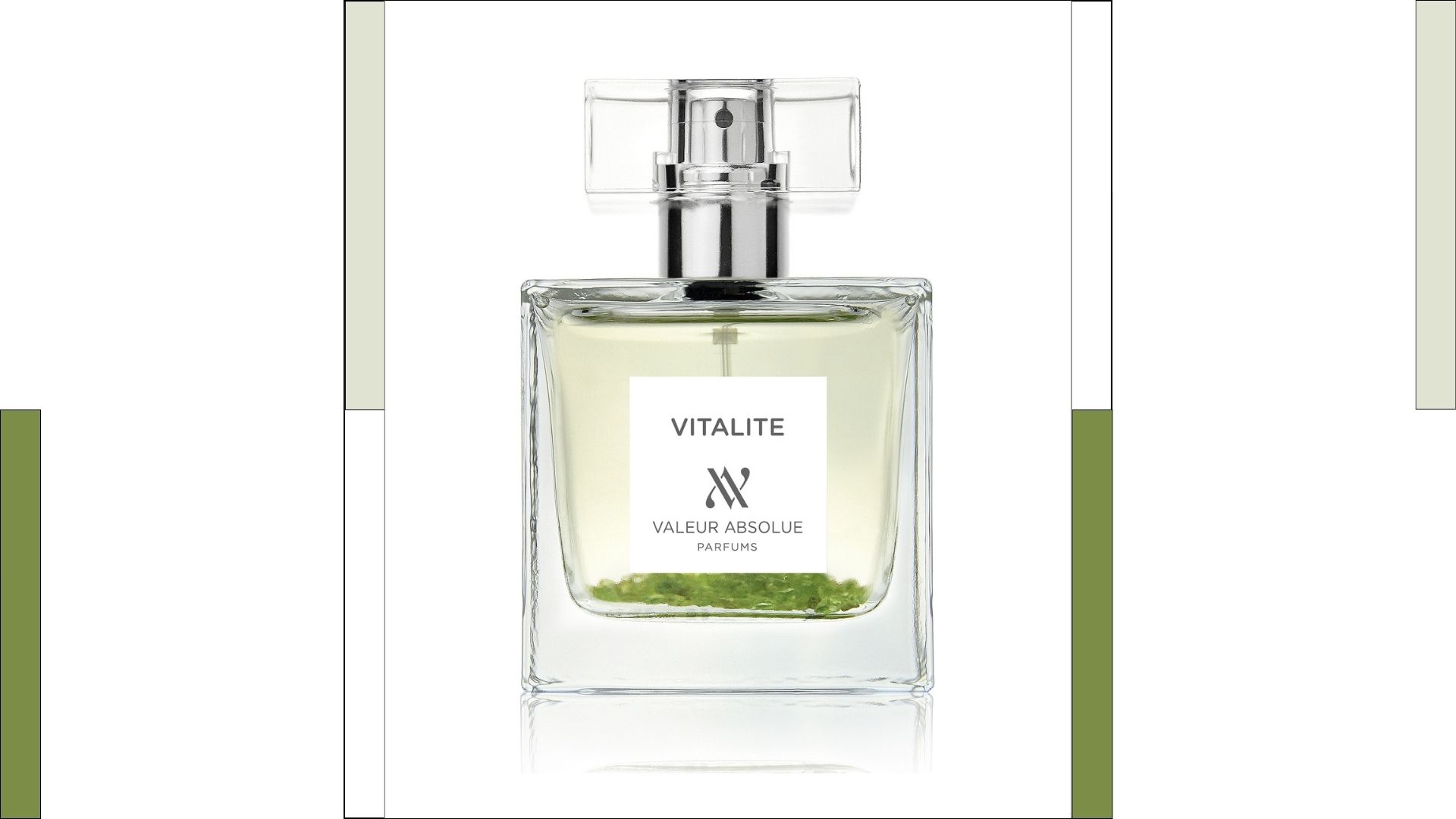
Valeur Absolue’s crystal-infused bottles put the ‘luxe’ into ‘responsible luxury’, which it namechecks as the cornerstone of the brand.
Animal friendly and sustainably-sourced, it uses plant extracts and essential oils (bergamot, jasmine and vetiver), which are scientifically proven to perk up your mood, alongside lab-created ingredients when these offer a better alternative to the planet.
6. Shay and Blue
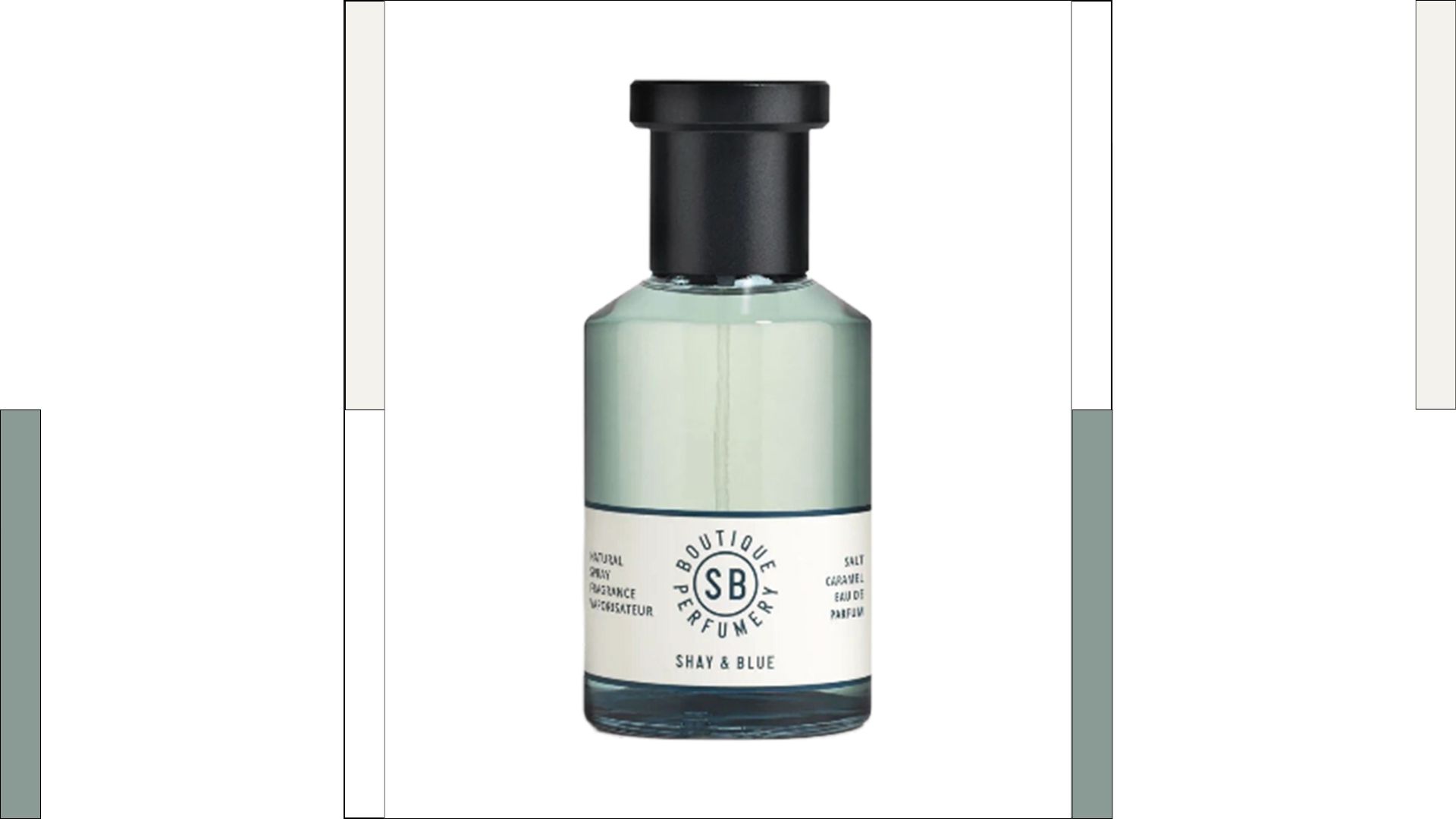
This disruptive fragrance brand’s natural ingredients are certified by PETA as cruelty free. Creator Dom de Vetta says: “I am a yogi and an activist deeply concerned for the future of our planet.
I believe that business as usual is killing us, and it is up to the owners of brands like Shay & Blue to change the way we do things, to be conscious and actively engaged in not doing harm, which is why we are a vegan brand.”
Brand available in the UK only
7. Lush
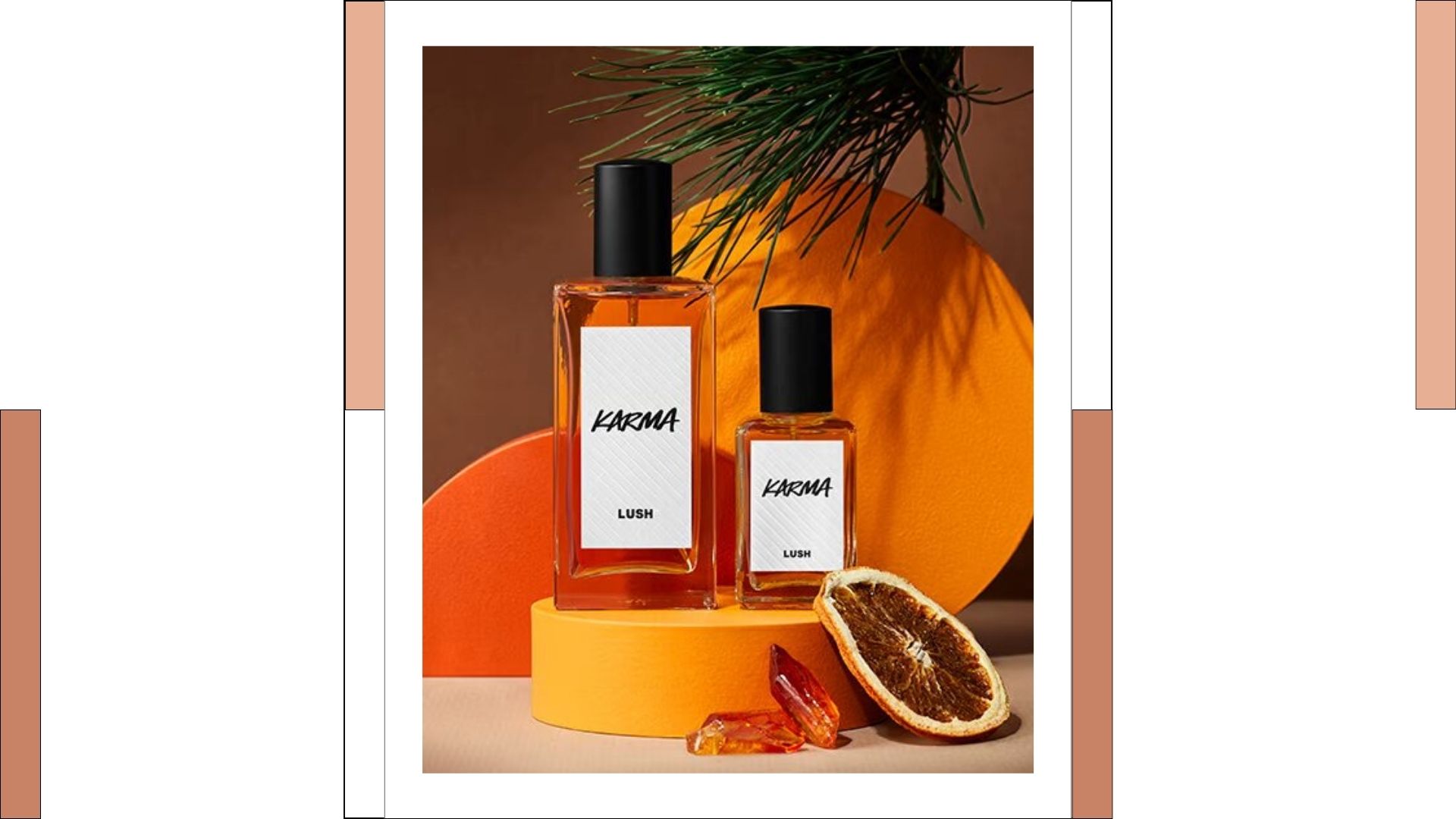
Lush has been fighting against animal testing since before it opened its first shop, so it should come as no surprise that its fragrances are also vegan.
Not only does it test products on humans, via human cell cultures and microbiology, but Lush also flags up its use of natural ingredients—like dark Sumatran patchouli and black pepper in Lord of Misrule, a warm, earthy and spicy juice that announces itself when you walk into a room.
What is cruelty free perfume?
In the simplest terms, cruelty free perfumes contain absolutely no animal-derived ingredients. These include extracts of milk, honey, leather, ambergris and beeswax, but also secretions animals use to mark their territories.
Civet musk is one such secretion and was traditionally used as a fixative to make a scent last longer. Cruelty free perfumes must also not be sold in China, where the law requires cosmetics to be tested on animals.
What makes a fragrance non-vegan?
Perfumes that contain an animal-derived ingredient are non-vegan. Dom de Vetta, creator of vegan perfume brand Shay and Blue, says: “One widely used example in scent is beeswax. You are essentially depriving the bees of one of their habitat’s natural resources.”
In the past, smelling good was an even uglier affair. It was commonplace to use civet musk, which comes from the anal glands of the now endangered wildcat found in India and Africa. The civets were captured and held in cramped cages, with the musk being “scraped” out every 10 days in order to create velvety, floral scents. Musk was also taken from the glands of a male musk deer, while beavers were killed in order to extract castoreum, a leathery-smelling oil from their castor sacs. There’s also ambergris, from sperm whale intestines.
Mercifully, modern perfumery is somewhat more ethical, with the global vegan beauty market now set to be worth $25.3 billion by 2029 and more cruelty free perfumes emerging to meet demand.
While whales were caught in the past, this is no longer the case. Dom says: “Whales secrete waste from their stomach, this then goes into the ocean and eventually washes up on a beach as ambergris, a solid that can then be used in perfumery, without causing the whale any harm.” Since the beginning of the 1900s, castoreum has almost always been recreated synthetically, where it is softened to smell more musky, blending well with rose and oud.
Musk secretions still exist but are rarely used on account of being prohibited, with perfume houses favouring synthetic versions, which smell virtually identical. Dom continues: “Civet musk is less and less common and in some regions like the EU, for example, it is outlawed. However, there are other parts of the world where civet cats are still caged and, although this practice is usually illegal, it still goes on. So if you want to avoid it, support vegan fragrances.” Shay and Blue, for example, uses a nature-identical synthetic called Isoeugenol for its musk notes—a spicy, woody, clove scent that changes depending on the ingredients it is mixed with.
Are synthetic perfumes a good cruelty free alternative?
Most perfume houses now rely on synthetic versions of animalistic aromas. Common varieties include civetone, muscone and ambroxide, while synthetic musks are estimated to be used in 99 per cent of perfumes on the market today.
Michelle Feeney, founder of Floral Street, a sustainable and PETA (People for the Ethical Treatment of Animals) accredited fragrance brand, says: “a good modern perfume should contain a combination of natural, nature identical and synthetic ingredients. Synthetics are lab created and do not include animal-derived materials so no animals are harmed in the process. Not only are they a cruelty-free alternative but they can also be more eco-friendly.”
Dom concurs, adding: “Most synthetic aromas are safe and sustainable. You just have to be careful to use aromas that biodegrade cleanly in the eco-system so they don’t pollute. Look for a brand with a comprehensive “No List”, detailing all the synthetics it refuses to use.”
Are all natural fragrances also cruelty-free perfumes?
A common mistake is to assume that a perfume that is natural is also, by proxy, vegan. Michelle says,“There’s a misconception that synthetic ingredients are ‘bad’ and natural or organic ingredients are ‘good’. This isn’t always the case.”
Indeed, natural is not always the same as ethical. Civet musk, for example, is technically a 100% natural perfume ingredient, but its extraction is incredibly cruel.
Michelle continues: “Synthetic musk offers a ‘responsible’ alternative to natural musk. At Floral Street, we use a combination of sustainable natural materials, synthetics and nature-identical ingredients and we are transparent about this. There are hundreds of natural ingredients that can be used in perfumery, but several thousand synthetics so it actually expands the palette a perfumer can create with.”
If in doubt, Michelle recommends looking for PETA’s leaping bunny logo on fragrance packaging. “Shopping by this symbol is the shortcut to knowing a brand’s credentials. It is a global touchpoint that crosses borders and languages, and it clearly guides consumers to make better ethical beauty choices.”
Fiona Embleton is a multi-award-winning beauty editor who has tested over 10,000 products in her 10 years + of writing and shooting beauty stories. For the past four years, she was the Senior Beauty Editor at Marie Claire, having previously worked in the role of Beauty Editor at both Stylist and Cosmopolitan. She has recently gone freelance and alongside My Imperfect Life, she has written for titles including ELLE UK, ELLE Canada, Buro 247, Harper's Bazaar Arabia, Vogue Scandinavia, and ES Magazine. Beauty journalism allowed her to marry up her first-class degree in English Literature and Language (she’s a stickler for grammar and a self-confessed ingredients geek) with a passion for make-up and skincare, photography, and catwalk trends. She loves jumping on the latest internet-breaking beauty news, dissecting the best red carpet looks, and having the crème de la crème of dermatologists, make-up artists, and hairstylists on speed dial so she can tap them for the best advice. She’s a discerning beauty shopper and knows it can be confusing trying to navigate what’s hype and what really works. So if she really likes something, you can trust that she has reached that opinion by vetting it against everything else she’s ever tried. Her career highs? Interviewing Cate Blanchett and winning a Jasmine Award for the deeply personal feature Cancer Stole My Mother’s Scent.
